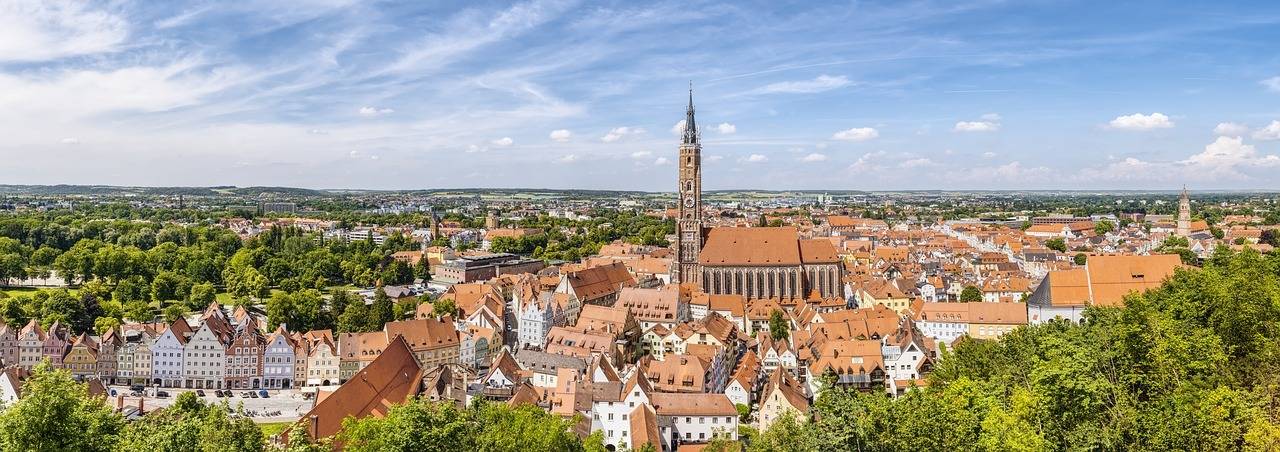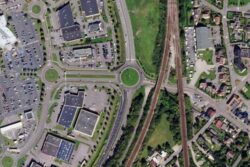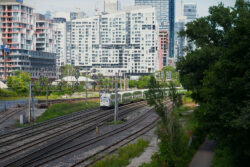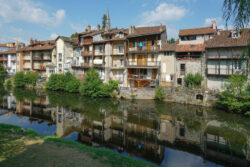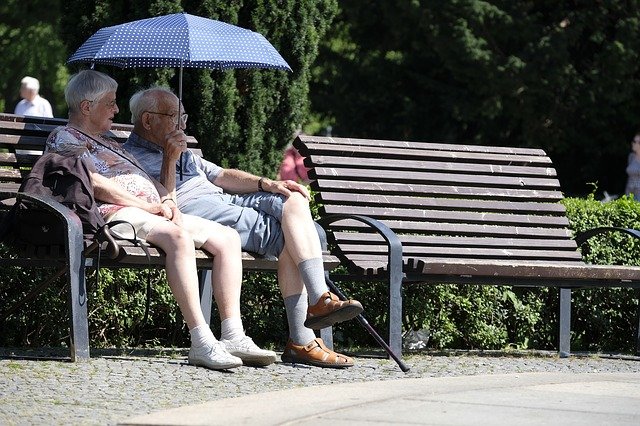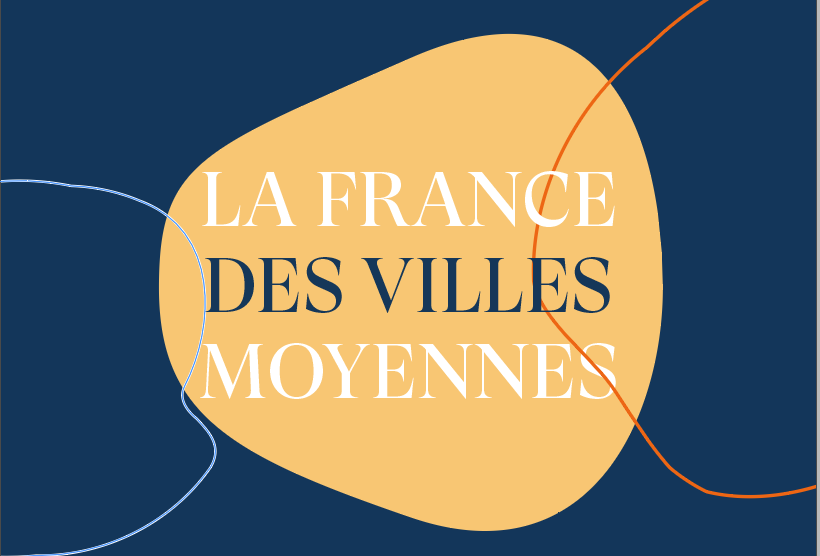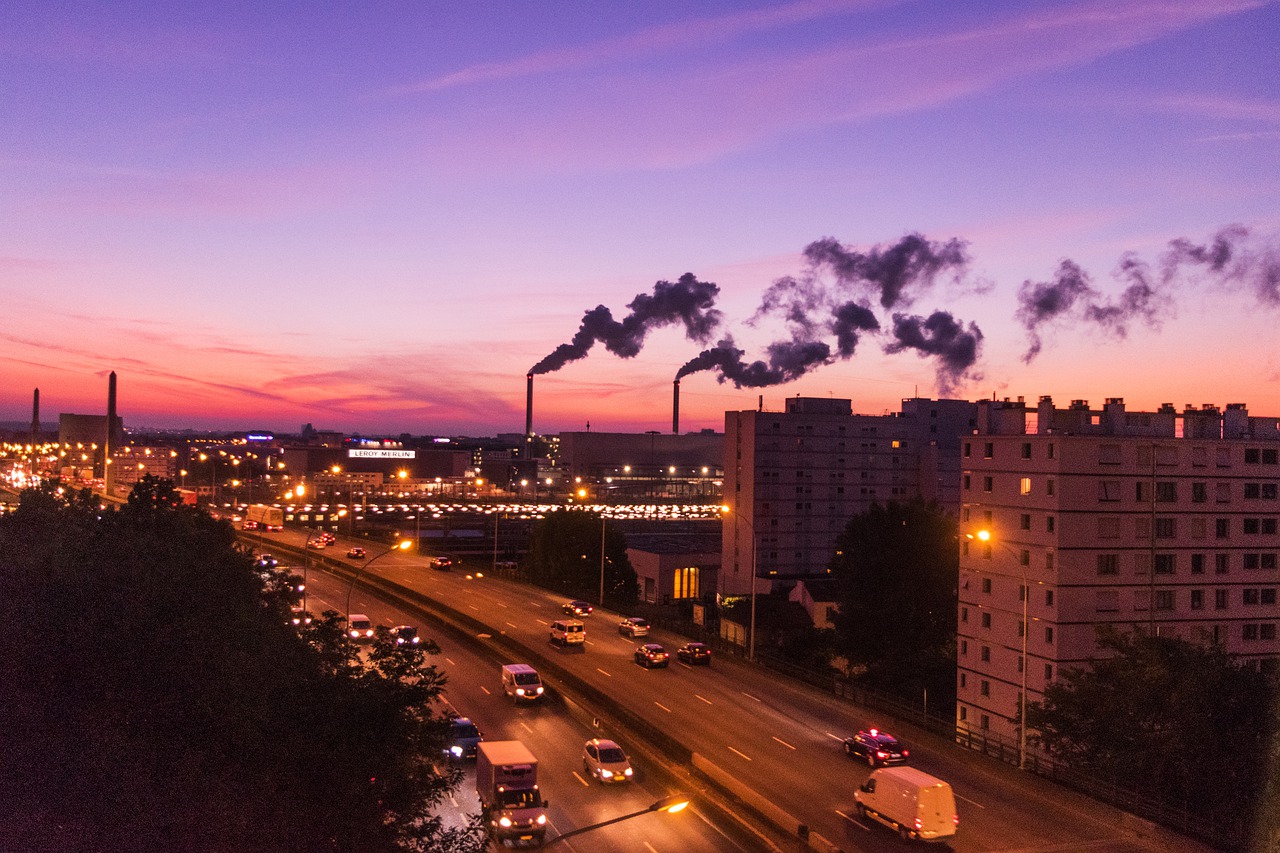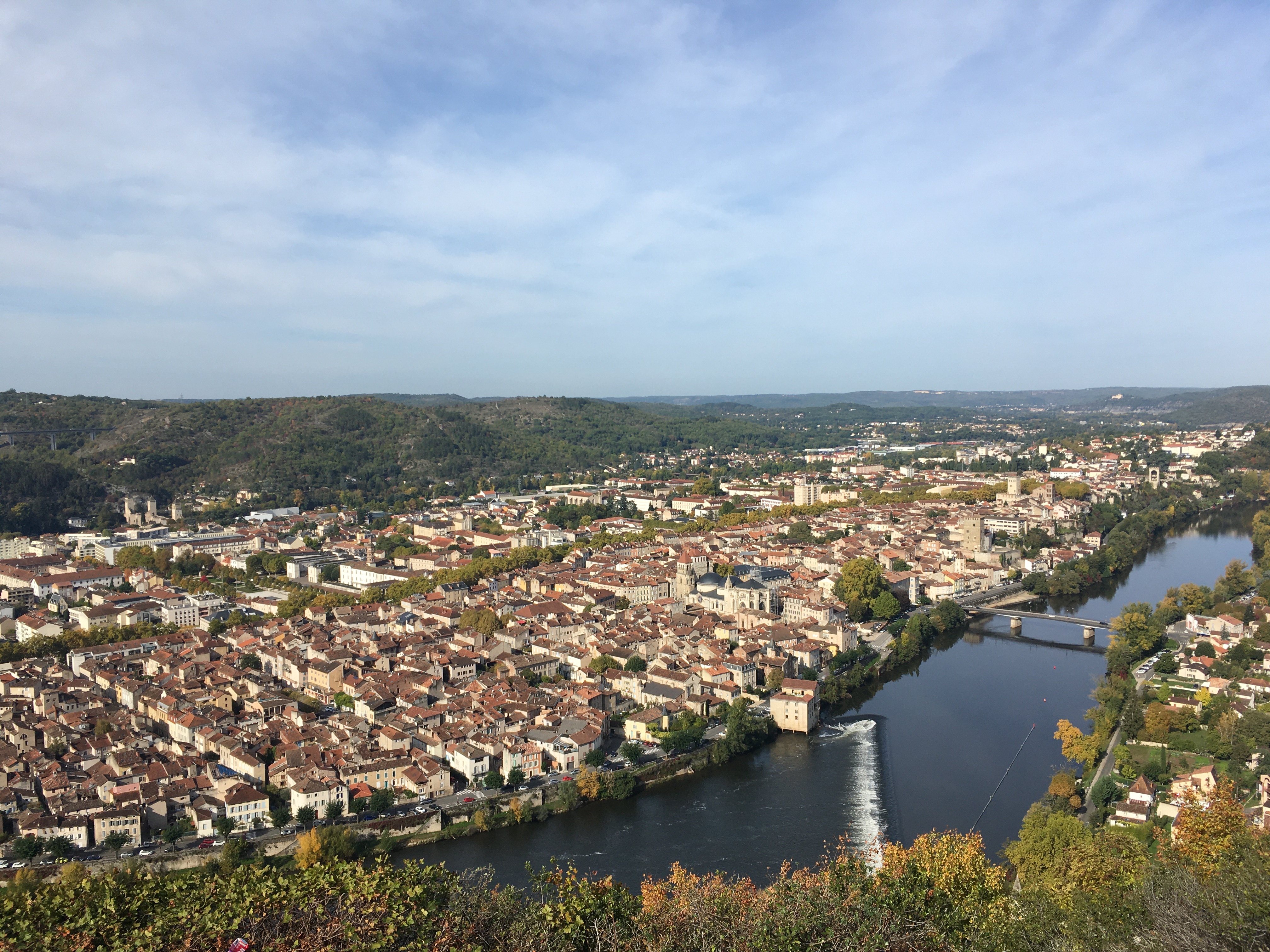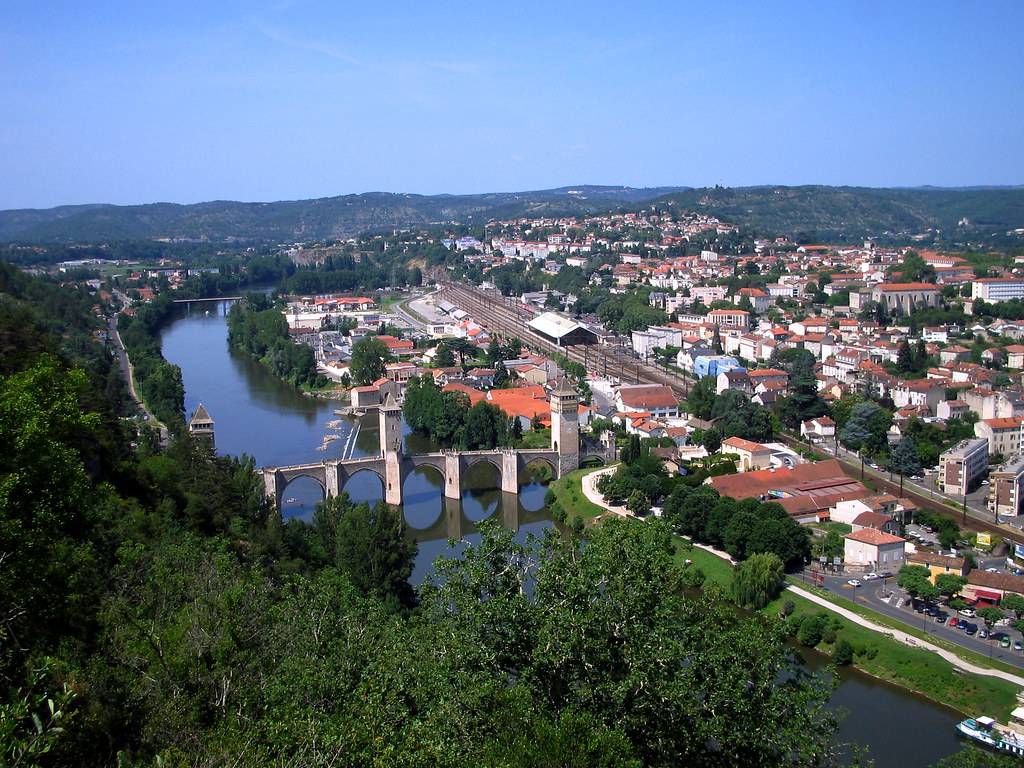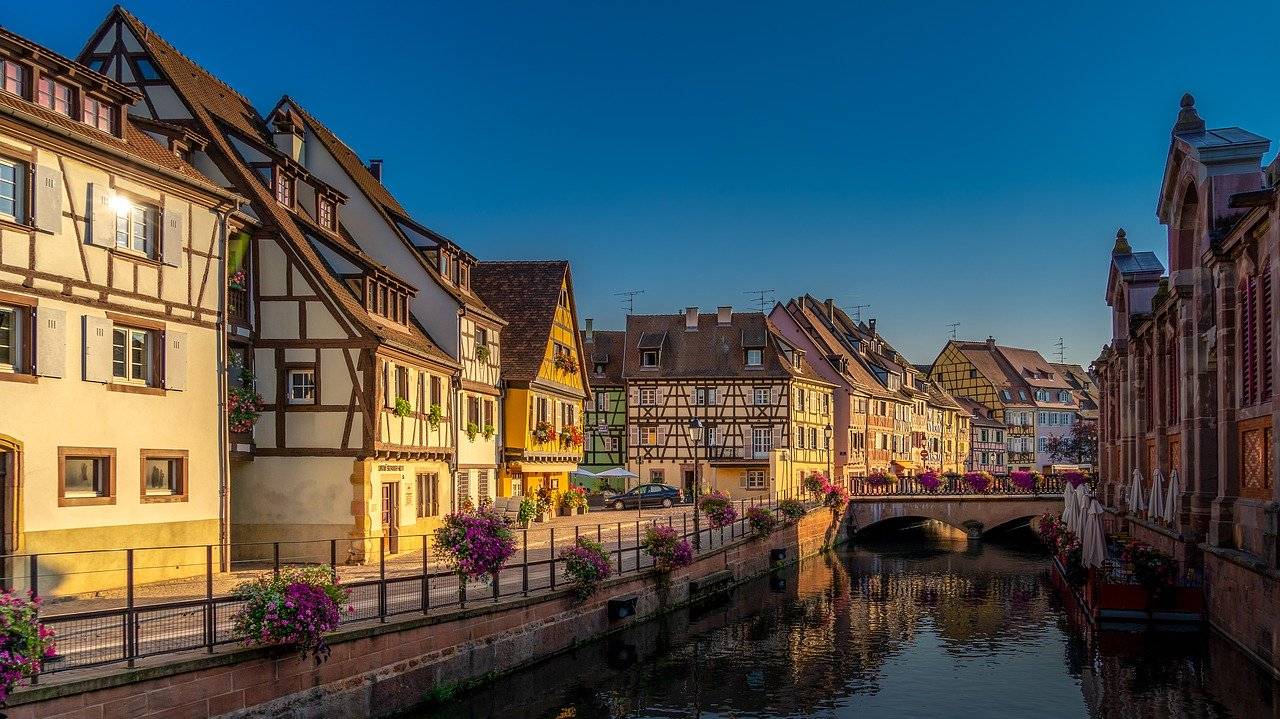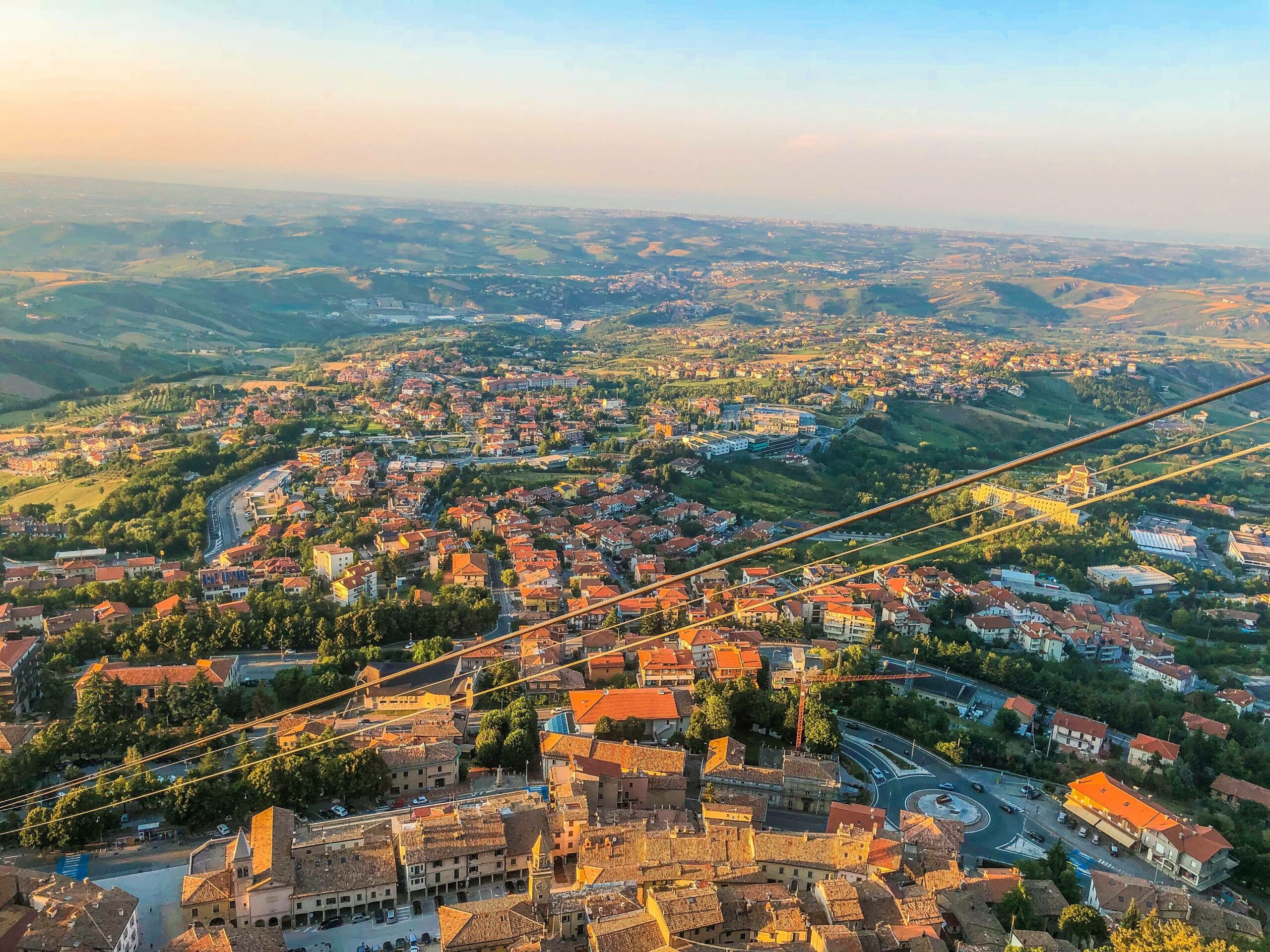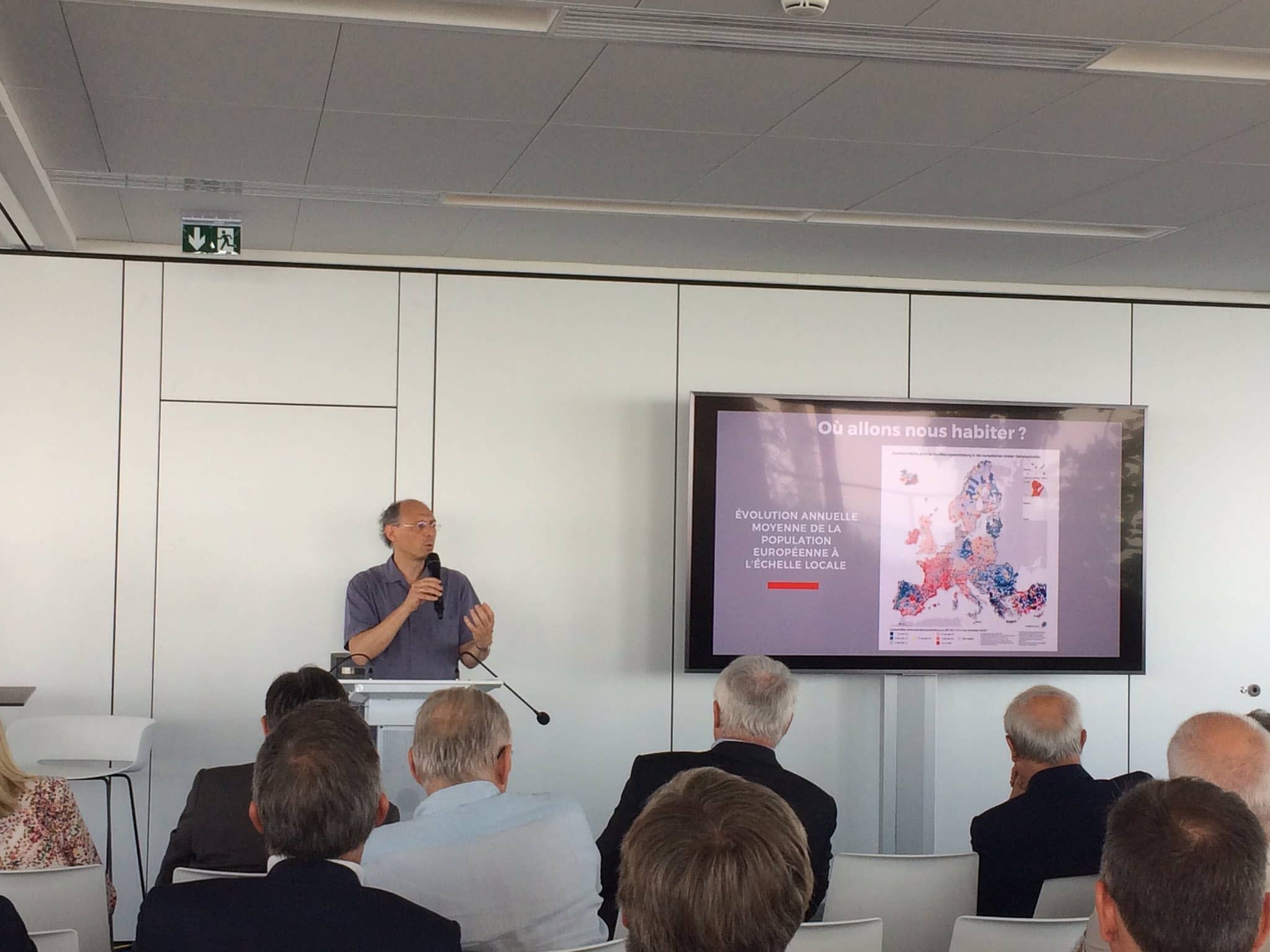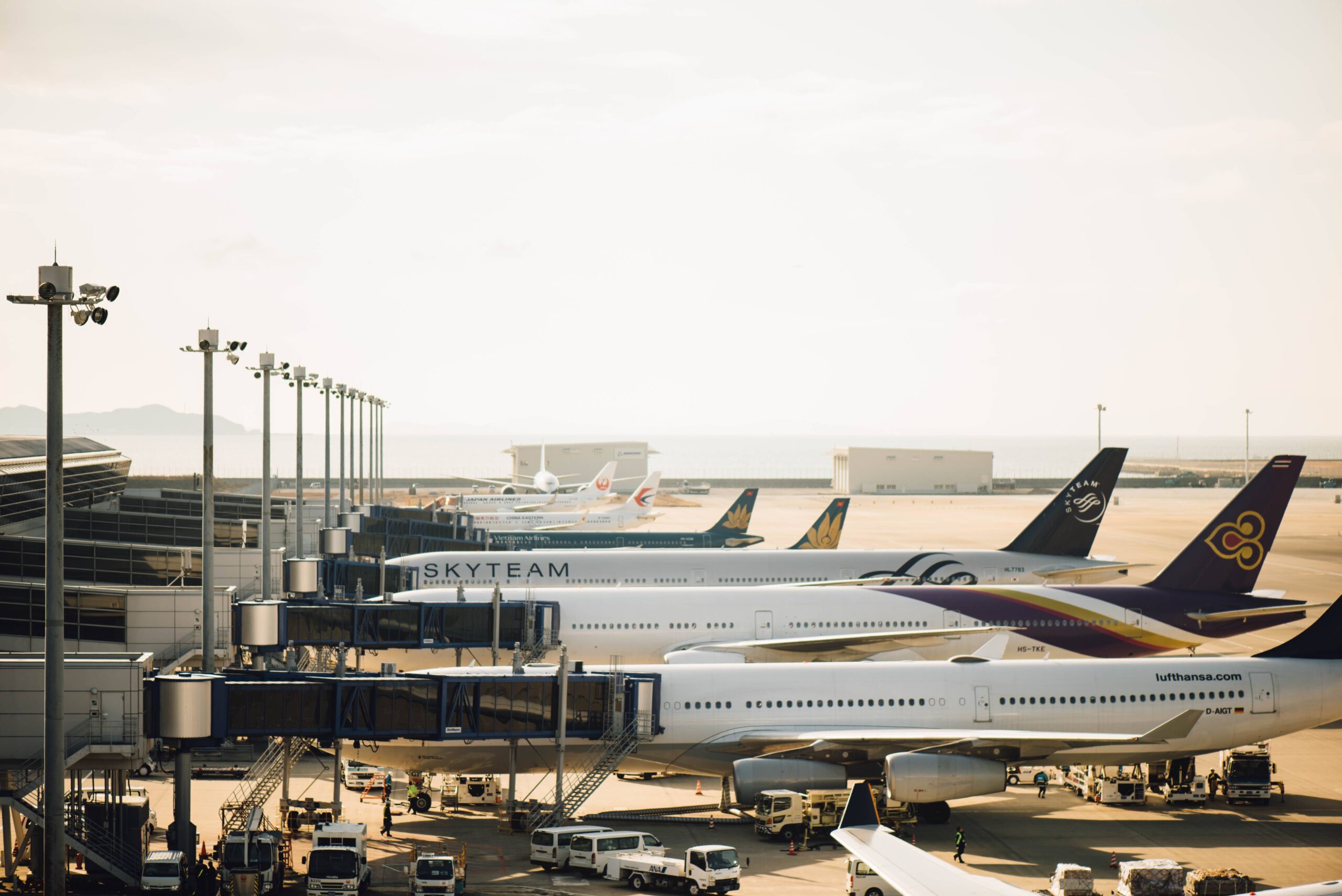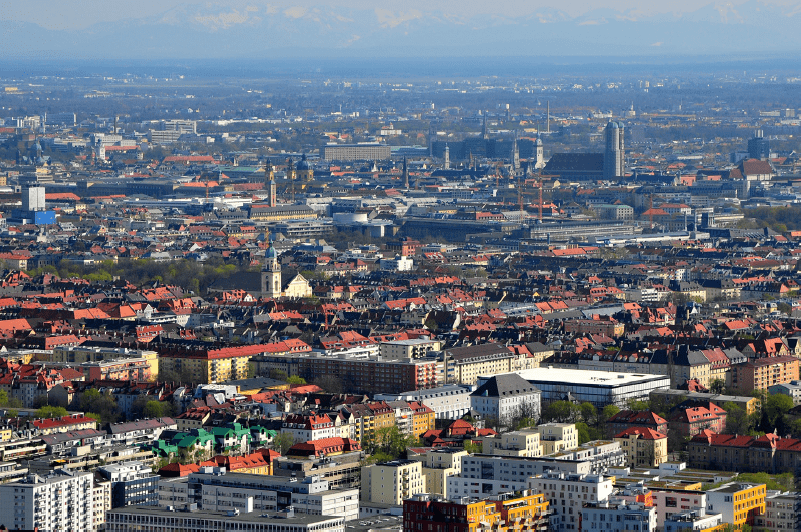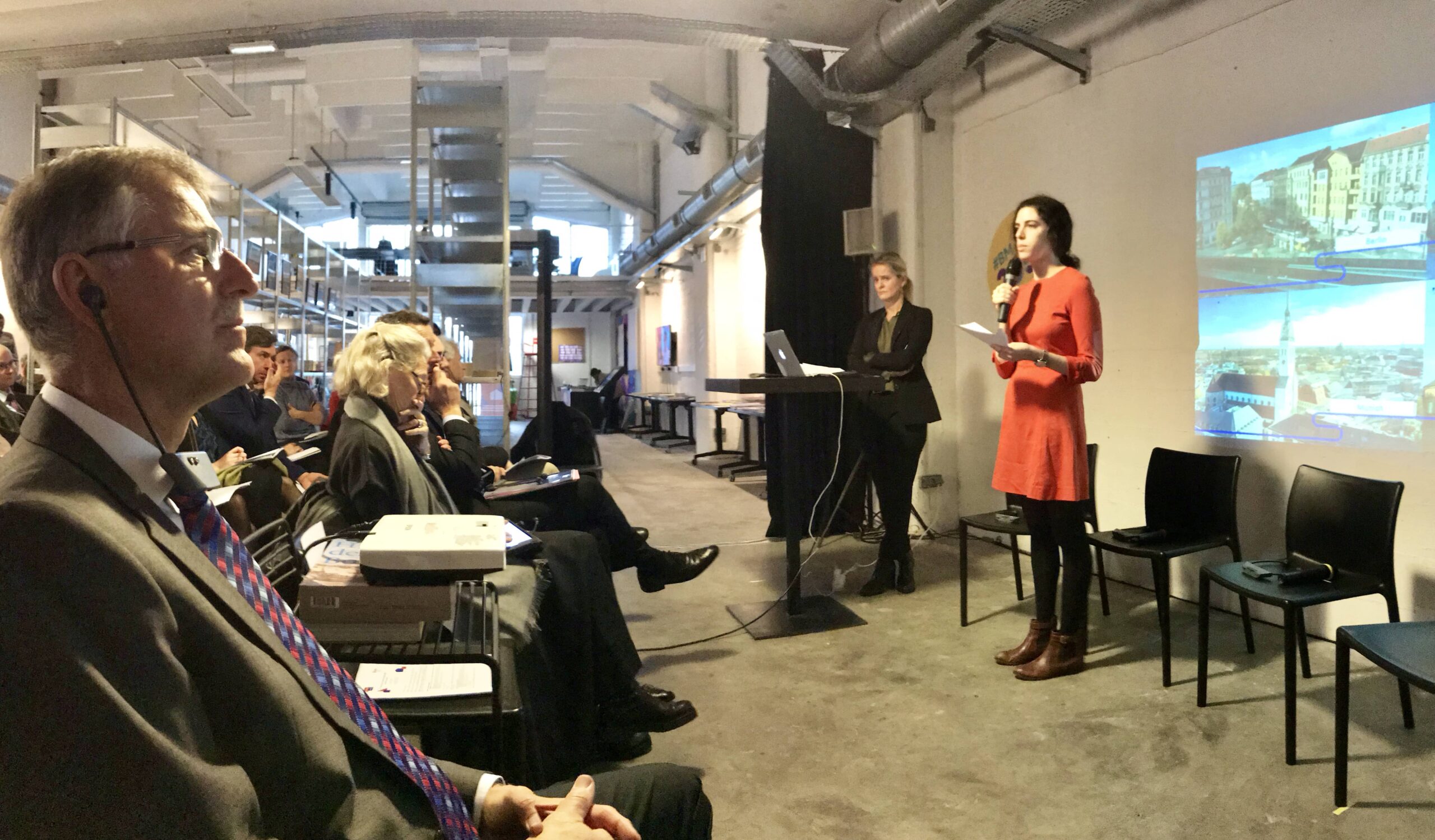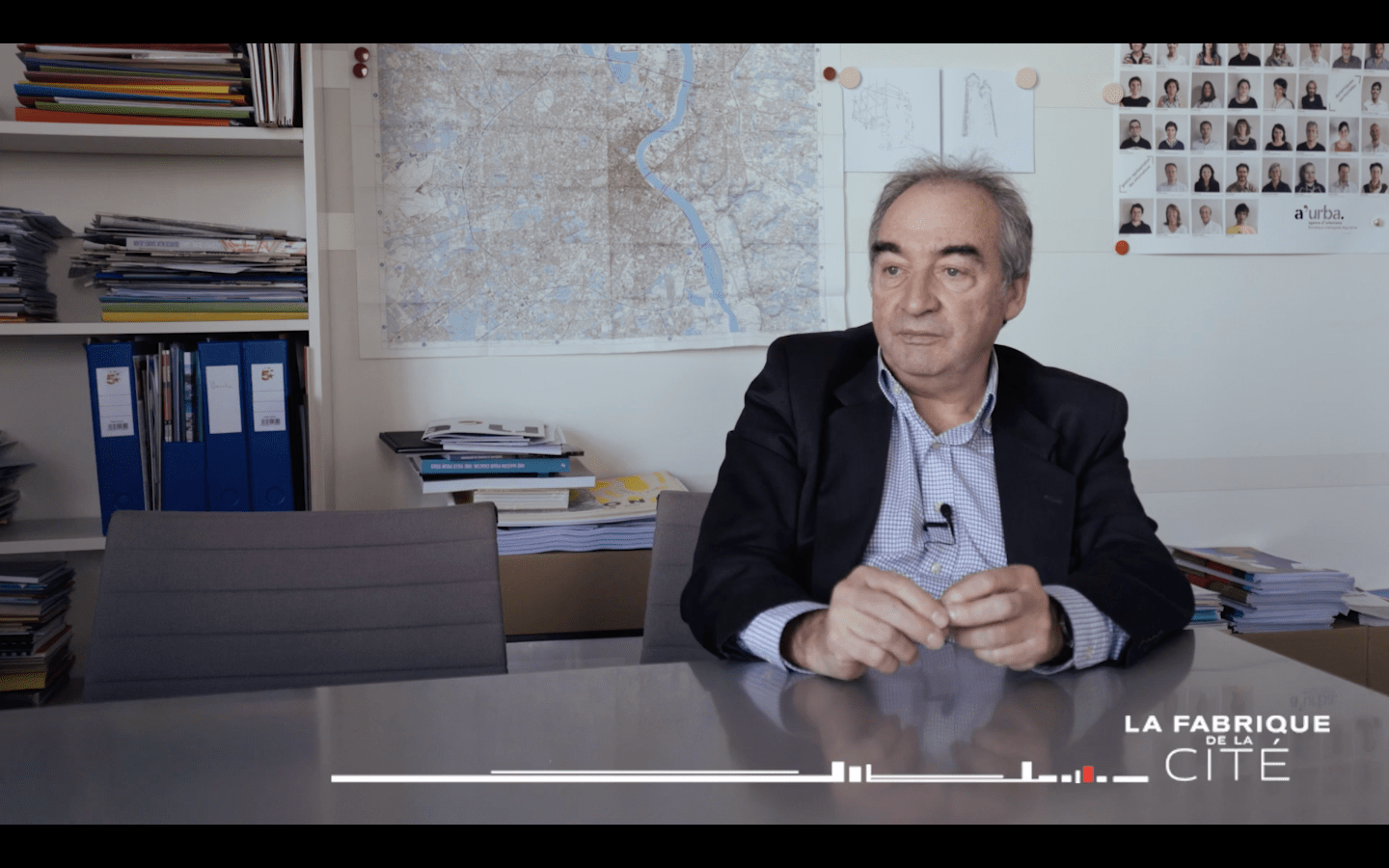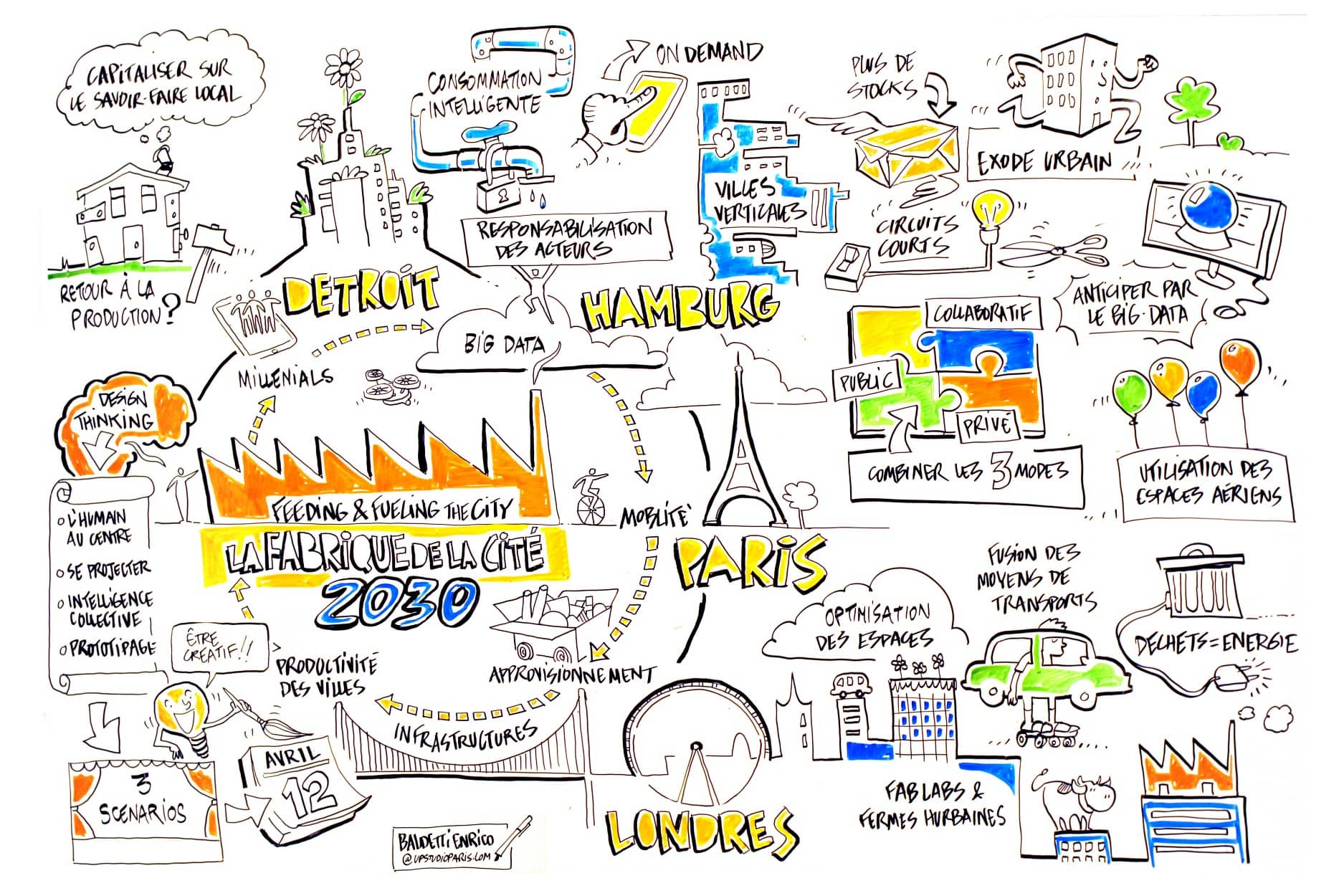

Reviving France – and the medium-sized cities?
In direct response to the Covid-19 crisis, which shed light on the vulnerabilities of an economy dependent on global supply chains, this plan aims to provide elements to ensure energy supply in France. To limit dependence on oil and gas, President Macron relies in particular on nuclear energy, produced by smaller and more flexible reactors than usual (SMR) , and seeks to create outlets for converting electricity production into energy that can be used for transport, thereby improving the carbon footprint of the sector. Major investments are thus planned to build new French battery factories to enable the production of two million electric and hybrid cars by 2030, as well as in the production of hydrogen, notably to encourage the development of low-carbon aircraft. This is not a strictly French issue. The logistics shortages in the UK, China and the whole of the G7 are a good example. London is even calling for an international meeting to take emergency measures within the G7 group.
To achieve these objectives, several conditions have been established, in particular securing the supply and recycling of rare materials, as well as the French production of electronic components. The creation of new formation and career paths is added to the list of measures needed to bring the whole society into a sustainable paradigm shift.
What about the cities?
While metropolises have been the champions of the tertiary and knowledge-based economy, medium-sized cities, often forgotten, played an active role in the development of the French industrial system until the 1970s when they became the symbols of deindustrialization. Could medium-sized cities thus become the new key players in this recovery plan that will rearm the French industrial fabric?
On this subject, La Fabrique de la Cité organizes the second edition of Les Rencontres des Villes Moyennes, on October 26, 27 and 28, in Cahors (France), and will be looking at the territorial realities of these cities and trying to decipher their evolution.
The second conference of the event focuses on the new geography of business locations in medium-sized cities, with Cyrille Coutansais, Director of Research at the Centre d’études stratégiques de la marine, Emmanuel Tremouille, consultant at EY, Olivier Jallabert, CEO of Amplitudes, in Valence, and Adrien Nivoliez, CEO of Biose, in Aurillac. This round table underlined that medium-sized cities, once pointed out for their isolation and lack of attractiveness, are now putting forward their differentiating assets (connectivity, land prices, quality of life, etc.) and are managing to take part in a new dynamic that echoes the France 2030 plan. For example, Aurillac is home to Biose Industrie, a world leader in the clinical and commercial production of micro-organisms, and has seen Europe Service, a leading manufacturer of road vehicles, relocate part of its production to the town. Douvrin, Béthune and Lens will host the future French battery production gigafactory, which will produce around 10% of the European battery market by 2030. Cahors is home to three innovative companies, European leader in autonomous vehicles (Soben), IT service management (I-Médias) and machinery for the agri-food sector (FCD). And the list could go on and on…
The third round table of the conference focuses on training as an essential lever for attractiveness and innovation. It welcomes Catherine Soldano, an academic specialised in training and public policy in higher education, Khaled Bouabdallah, the delegated rector for higher education, research and innovation in the Occitanie academic region, Bernard Delpech, Vice-President of Greater Cahors in charge of training, Marie-Hélène Thoraval, mayor of Romans-sur-Isère and committed to innovation, Frédéric Cros, director of the Pôle Image Magelis, an economic development centre for the image sector in Charente, and Professor Posselt, an academic in innovation, knowledge creation and technology transfer.
Training is also at the heart of the France 2030 project and is supported by a budget of 2.5 billion euros. For medium-sized towns, it’s an opportunity to rethink the links between training, knowledge transfer feeding industrial innovation strategies and the territorial development of innovative companies, with the objective of offering jobs locally. What can we really expect from the territorialisation of the training offer in terms of effects on employment? Can it also help to reverse the perception of the territory and attract more people who settle there by choice and not by default?
The four other conferences that we invite you to follow live online (in French) will address the following issues: territorial cooperation between medium-sized towns and cities, the impact of tourism and the attractiveness of medium-sized cities, the protection of heritage and its evolution, and, finally, digital technology, its implementation, and its advantages.
→ Related : our project on medium-sized cities.
Find this publication in the project:
These other publications may also be of interest to you:
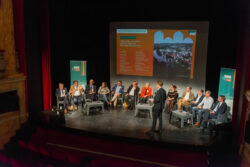
Back from Cahors
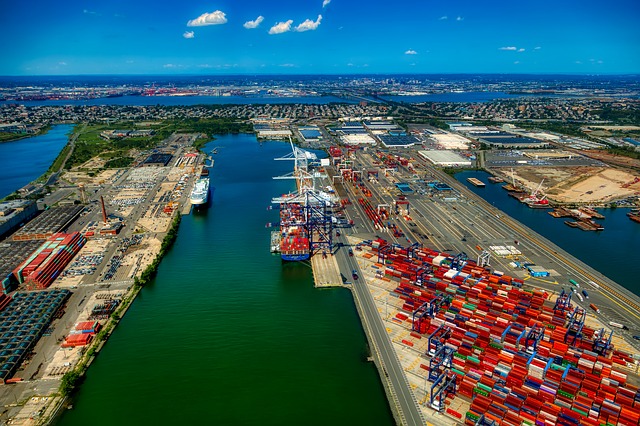
Rebalancing
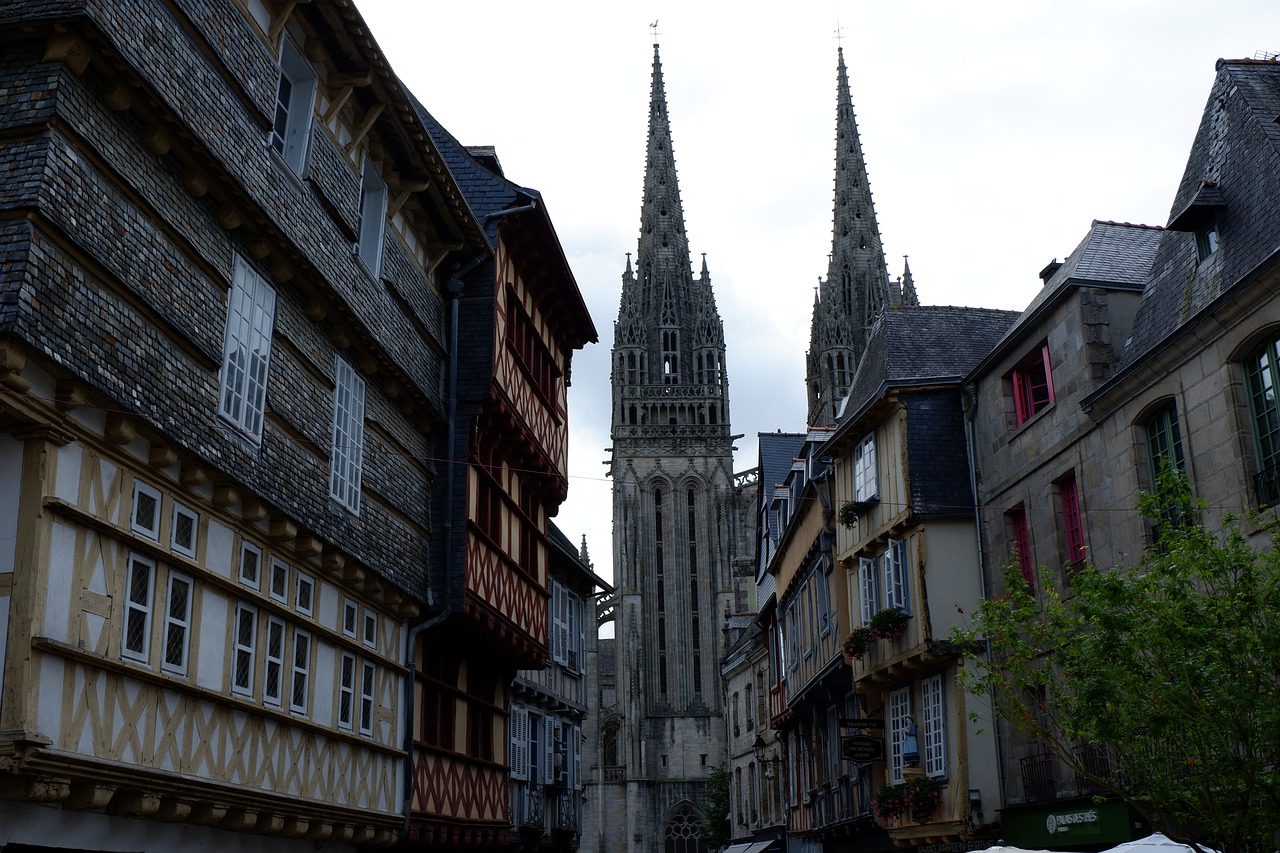
Size, Network and People

Inventing the future of urban highways
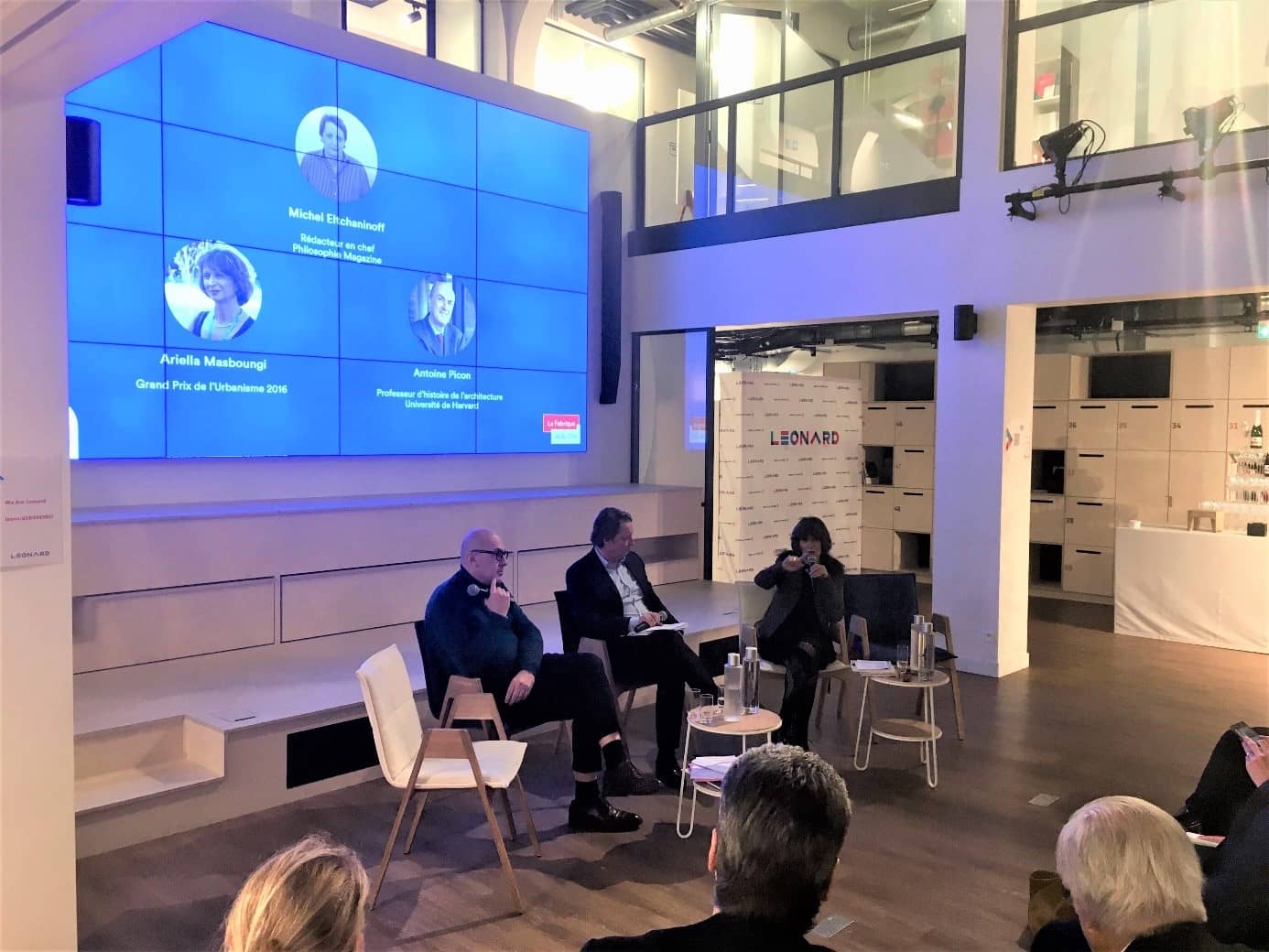
Spatial justice, managing the situation to enable development?
La Fabrique de la Cité
La Fabrique de la Cité is a think tank dedicated to urban foresight, created by the VINCI group, its sponsor, in 2010. La Fabrique de la Cité acts as a forum where urban stakeholders, whether French or international, collaborate to bring forth new ways of building and rebuilding cities.















